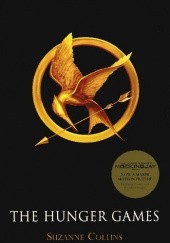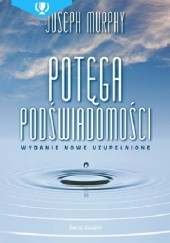Opinie użytkownika
Lately I decided to try read something different in the sense of topics I usually feel comfortable with. I don’t really know why but I picked Haruki Murakami’s The Wind-Up Bird Chronicle. I had heard a lot of good things about this author and his never-fulfilled Nobel aspirations, but I didn’t really check what his books are about. I just went into a bookstore, found ‘M’ in...
więcej Pokaż mimo toI have read “The Hunger Games” over the past few days and it is, for sure, one of the best mainstream novels ever and I could easily coax someone to try it just because of its popularity. However, as I found out, the fame is a result of something more. Engrossing story written by Suzanne Collins makes you eager to read “just one more chapter”. Makes you to forget who you...
więcej Oznaczone jako spoiler Pokaż mimo to
Przeczytałem ją ponownie po paru latach z nadzieją na sentymentalną podróż. Nie zawiodłem się.
"Alchemik" to ważna dla mnie książka, a lektura szybka i przyjemna. Nie przeszkadzają ciągłe nawiązania do Boga, ponieważ łatwo można interpretować wszystko na inny sposób.
Poleciłbym każdemu, kto szuka natchnienia do działania. Co prawda sporo jest tu szkodliwej gadki, że na...
Nudna. Nie wniosła niczego do mojego życia poza stratą czasu.
Autor uważa (albo raczej postanowił nam wmówić), że powtarzając sobie coś można sprawić by to stało się prawdą.
I do tego można by skrócić tę książkę; do jednego zdania:
Jak bardzo będziesz chciał to wszystko czego pragniesz na pewno się wydarzy.
Fraza "na pewno" jest tutaj kluczowa. Jeszcze gdyby tam było...

























